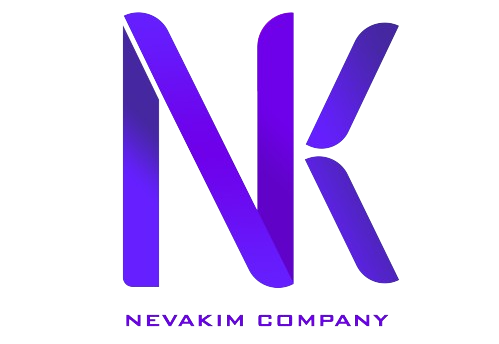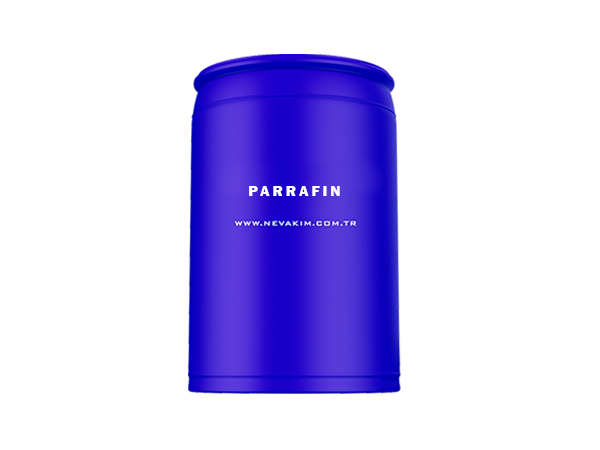Definition: Paraffin is a type of mineral oil that consists of straight-chain and branched-chain hydrocarbons, typically containing between 15 to 40 carbon atoms per molecule. It is obtained through the refining process of crude oil and undergoes purification to remove impurities and contaminants.
Uses:
Cosmetics and Personal Care: Paraffin is commonly used in skincare products, such as creams, lotions, ointments, and lip balms, for its emollient properties. It helps to moisturize and soften the skin, forming a protective barrier to retain moisture and prevent water loss.
Medical and Pharmaceutical: Paraffin is utilized in medical and pharmaceutical applications, such as ointments, creams, and topical treatments, for its soothing and protective properties. It is often used in the treatment of dry and chapped skin, eczema, dermatitis, and minor burns.
Candle Making: Paraffin wax is a popular material for candle making due to its low cost, ease of use, and ability to hold fragrance and color additives. It is melted and poured into molds to create candles of various shapes, sizes, and colors for decorative and functional purposes.
Food Industry: Paraffin is used as a coating or glazing agent in the food industry to improve the appearance and shelf life of fruits, vegetables, and confectionery products. It forms a thin, protective layer on the surface of food items, preventing moisture loss and oxidation.
Industrial Lubricants: Paraffin-based oils are used as lubricants in industrial machinery and equipment to reduce friction, wear, and corrosion. They are applied to moving parts, gears, bearings, and chains in automotive, manufacturing, and mechanical applications.
Wood Preservation: Paraffin is applied as a coating or impregnating agent to protect wooden surfaces and structures from moisture, rot, and decay. It penetrates the wood fibers, sealing pores and forming a waterproof barrier to prevent water absorption and fungal growth.
Electrical Insulation: Paraffin wax is used in electrical insulation applications, such as impregnating coils, capacitors, and electrical cables, to provide dielectric properties and moisture resistance. It helps to insulate and protect electrical components from moisture ingress and electrical leakage.
Art and Craft: Paraffin wax is utilized in art and craft projects for sculpting, modeling, and mold making. It can be melted, molded, and shaped into various forms and structures for artistic expression and creative design.
Sealing and Waterproofing: Paraffin-based sealants and coatings are used in construction and maintenance applications to seal joints, cracks, and gaps in buildings, structures, and concrete surfaces. They provide waterproofing and weatherproofing properties, preventing water infiltration and damage.
Textile Processing: Paraffin is used in textile processing as a lubricant, softener, and sizing agent for yarns, fibers, and fabrics. It improves the smoothness, flexibility, and handle of textiles during spinning, weaving, knitting, and finishing processes.
Overall, paraffin is a versatile and widely used material with applications in cosmetics, pharmaceuticals, candles, food processing, lubricants, wood preservation, electrical insulation, art, construction, and textile industries. Its inert, non-toxic, and stable properties make it a valuable ingredient in a variety of consumer and industrial products



نقد و بررسیها
هنوز بررسیای ثبت نشده است.